Author Archives: Reid Tatoris
Author Archives: Reid Tatoris
Today, we’re excited to announce AI Labyrinth, a new mitigation approach that uses AI-generated content to slow down, confuse, and waste the resources of AI Crawlers and other bots that don’t respect “no crawl” directives. When you opt in, Cloudflare will automatically deploy an AI-generated set of linked pages when we detect inappropriate bot activity, without the need for customers to create any custom rules.
AI Labyrinth is available on an opt-in basis to all customers, including the Free plan.
AI-generated content has exploded, reportedly accounting for four of the top 20 Facebook posts last fall. Additionally, Medium estimates that 47% of all content on their platform is AI-generated. Like any newer tool it has both wonderful and malicious uses.
At the same time, we’ve also seen an explosion of new crawlers used by AI companies to scrape data for model training. AI Crawlers generate more than 50 billion requests to the Cloudflare network every day, or just under 1% of all web requests we see. While Cloudflare has several tools for identifying and blocking unauthorized AI crawling, we have found that blocking malicious bots can alert the attacker that you are Continue reading
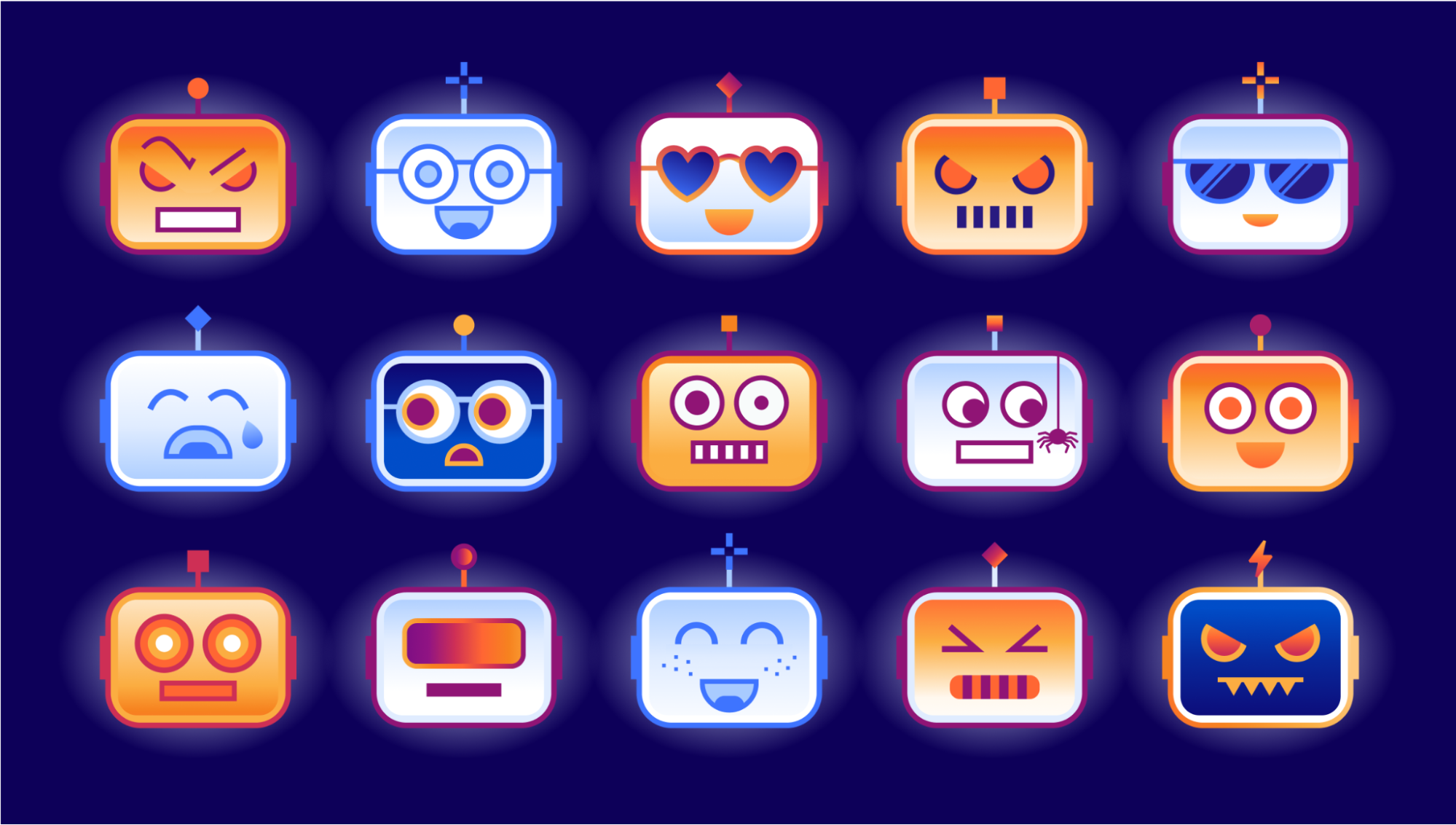
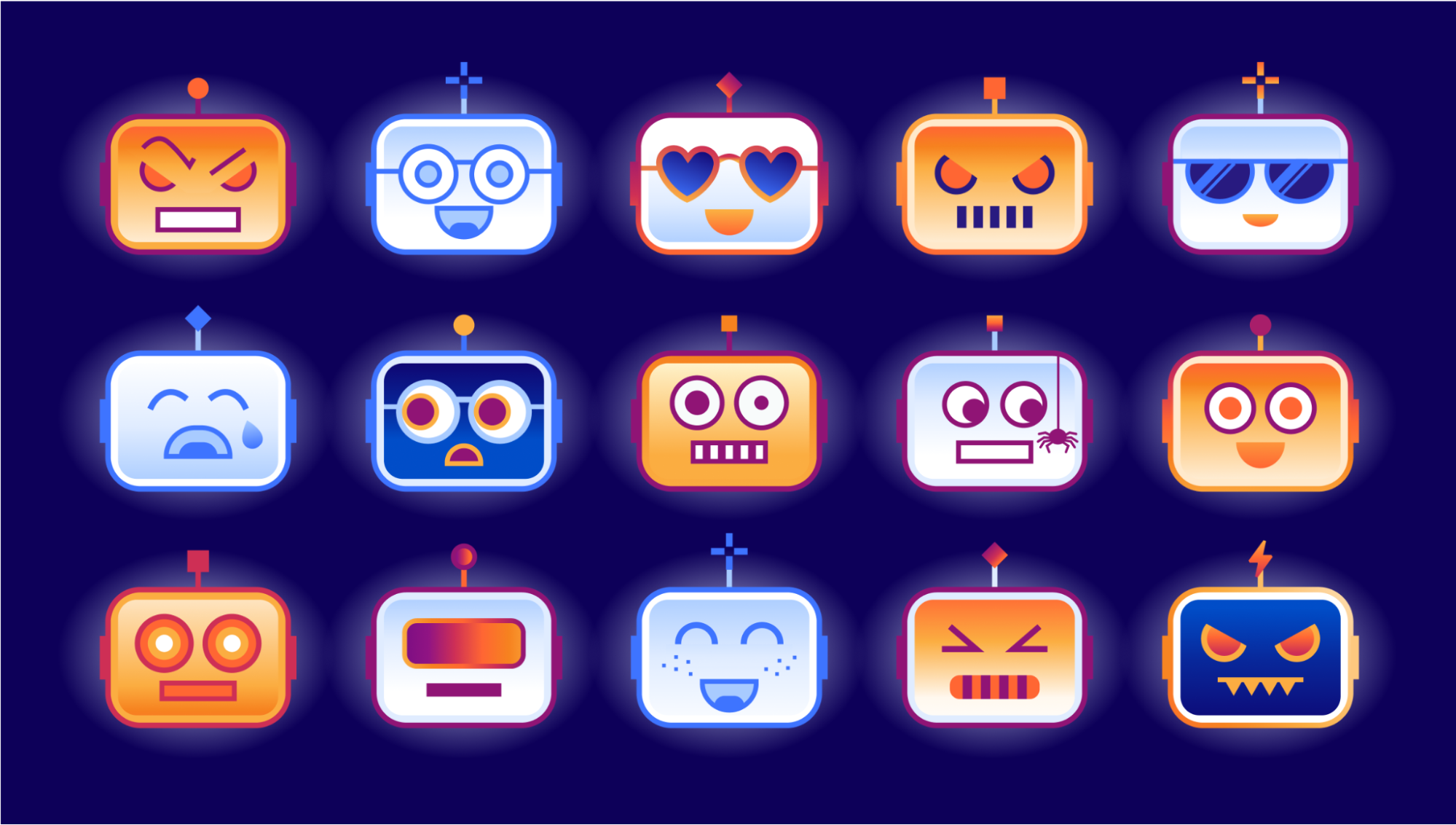
Today, we’re excited to announce that any Cloudflare user, on any plan, can choose specific categories of bots that they want to allow or block, including AI crawlers.
As the popularity of generative AI has grown, content creators and policymakers around the world have started to ask questions about what data AI companies are using to train their models without permission. As with all new innovative technologies, laws will likely need to evolve to address different parties' interests and what’s best for society at large. While we don’t know how it will shake out, we believe that website operators should have an easy way to block unwanted AI crawlers and to also let AI bots know when they are permitted to crawl their websites.
The good news is that Cloudflare already automatically stops scraper bots today. But we want to make it even easier for customers to be sure they are protected, see how frequently AI scrapers might be visiting their sites, and respond to them in more targeted ways. We also recognize that not all AI crawlers are the same and that some AI companies are looking for clear instructions for when they should not crawl a public website.


I remember when the first iPhone was announced in 2007. This was NOT an iPhone as we think of one today. It had warts. A lot of warts. It couldn’t do MMS for example. But I remember the possibility it brought to mind. No product before had seemed like anything more than a product. The iPhone, or more the potential that the iPhone hinted at, had an actual impact on me. It changed my thinking about what could be.
In the years since no other product came close to matching that level of awe and wonder. That changed in March of this year. The release of GPT-4 had the same impact I remember from the iPhone launch. It’s still early, but it's opened the imagination, and fears, of millions of developers in a way I haven’t seen since that iPhone announcement.
That excitement has led to an explosion of development and hundreds of new tools broadly grouped into a category we call generative AI. Generative AI systems create content mimicking a particular style. New images that look like Banksy or lyrics that sound like Taylor Swift. All of these Generative AI tools, whether built on top of GPT-4 or something Continue reading


Security Week 2023 is officially in the books. In our welcome post last Saturday, I talked about Cloudflare’s years-long evolution from protecting websites, to protecting applications, to protecting people. Our goal this week was to help our customers solve a broader range of problems, reduce external points of vulnerability, and make their jobs easier.
We announced 34 new tools and integrations that will do just that. Combined, these announcement will help you do five key things faster and easier:
And to help you respond to the most current attacks in real time, we reported on how we’re seeing scammers use the Silicon Valley Bank news to phish new victims, and what you can do to protect yourself.
In case you missed any of the announcements, take a look at the summary and navigation guide below.


Last month I had the chance to attend a dinner with 56 CISOs and CSOs across a range of banking, gaming, ecommerce, and retail companies. We rotated between tables of eight people and talked about the biggest challenges those in the group were facing, and what they were most worried about around the corner. We talk to customers every day at Cloudflare, but this was a unique opportunity to listen to customers (and non-customers) talk to each other. It was a fascinating evening and a few things stood out.
The common thread that dominated the discussions was “how do I convince my business and product teams to do the things I want them to”. Surprisingly little time was spent on specific technical challenges. No one brought up a concern about recent advanced mage cart skimmers, or about protecting their new GraphQL APIs, or how to secure two different cloud vendors at once, or about the size of DDoS attacks consistently getting larger. Over and over again the conversation came back to struggles with getting humans to do the secure thing, or to not do the insecure thing.
This instantly brought to mind a major phishing attack that Cloudflare was Continue reading

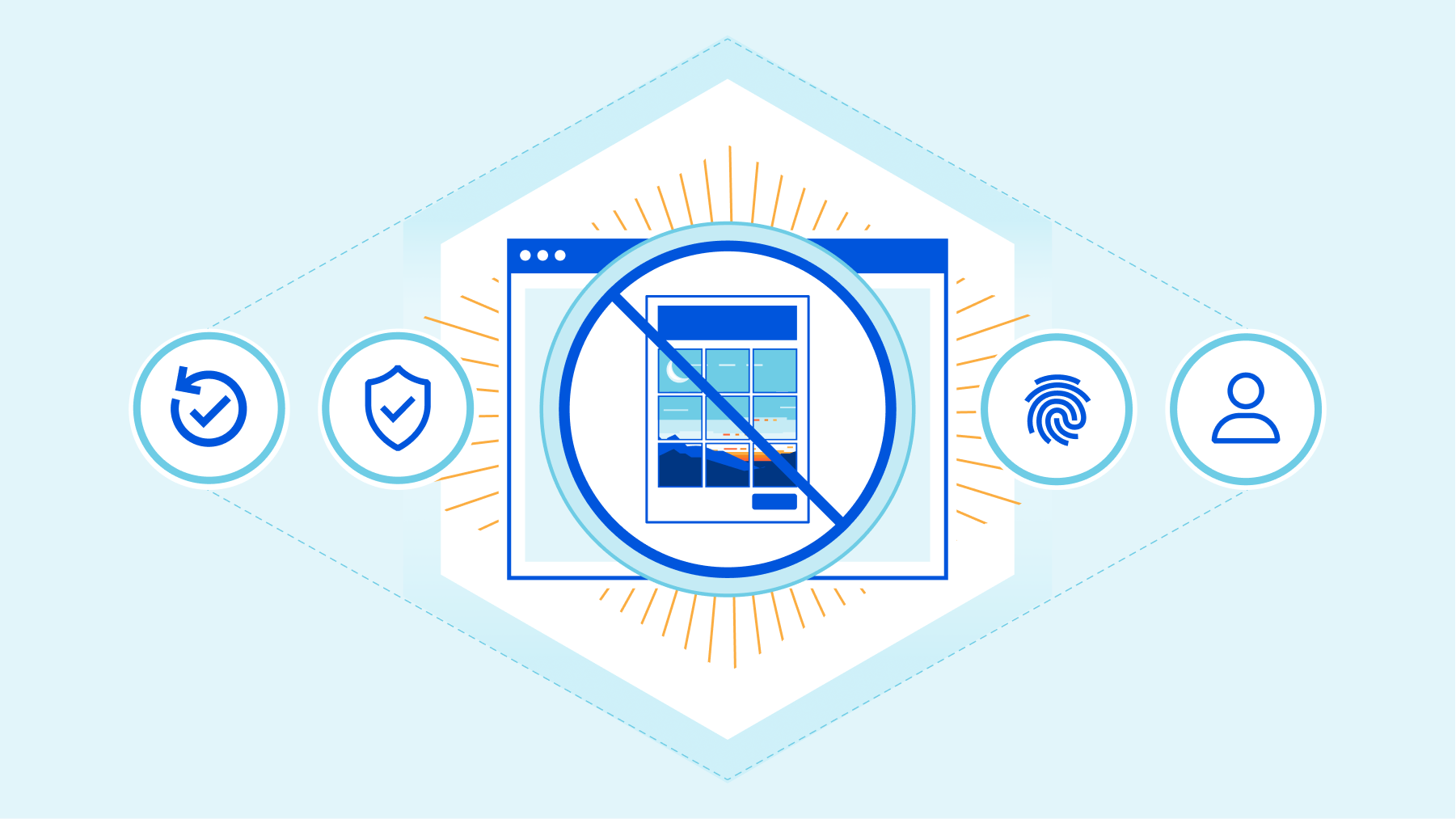
Today, we’re announcing the open beta of Turnstile, an invisible alternative to CAPTCHA. Anyone, anywhere on the Internet, who wants to replace CAPTCHA on their site will be able to call a simple API, without having to be a Cloudflare customer or sending traffic through the Cloudflare global network. Sign up here for free.
There is no point in rehashing the fact that CAPTCHA provides a terrible user experience. It's been discussed in detail before on this blog, and countless times elsewhere. The creator of the CAPTCHA has even publicly lamented that he “unwittingly created a system that was frittering away, in ten-second increments, millions of hours of a most precious resource: human brain cycles.” We hate it, you hate it, everyone hates it. Today we’re giving everyone a better option.
Turnstile is our smart CAPTCHA alternative. It automatically chooses from a rotating suite of non-intrusive browser challenges based on telemetry and client behavior exhibited during a session. We talked in an earlier post about how we’ve used our Managed Challenge system to reduce our use of CAPTCHA by 91%. Now anyone can take advantage of this same technology to stop using CAPTCHA on their own site.
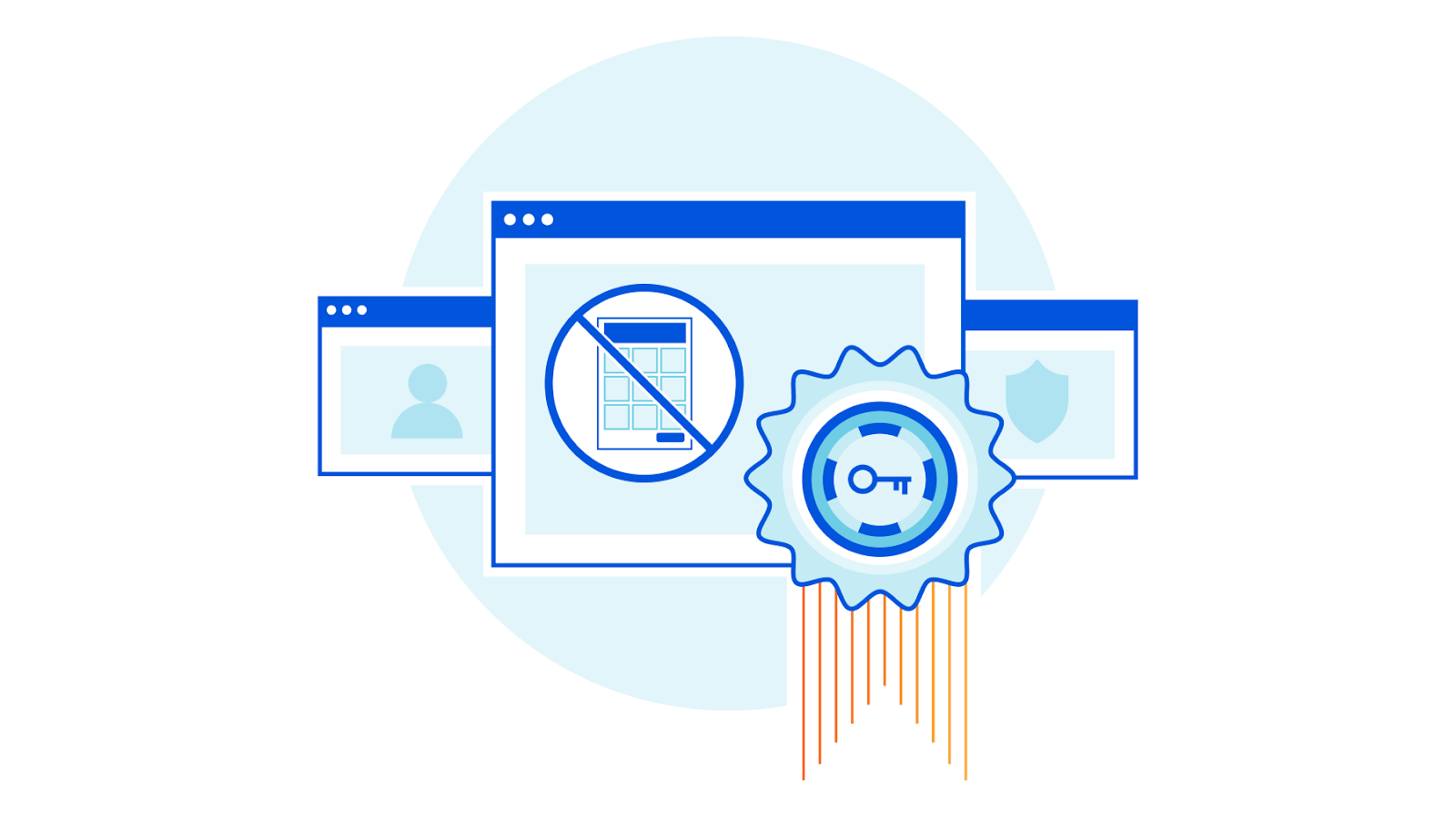
This post is also available in 日本語, Español.
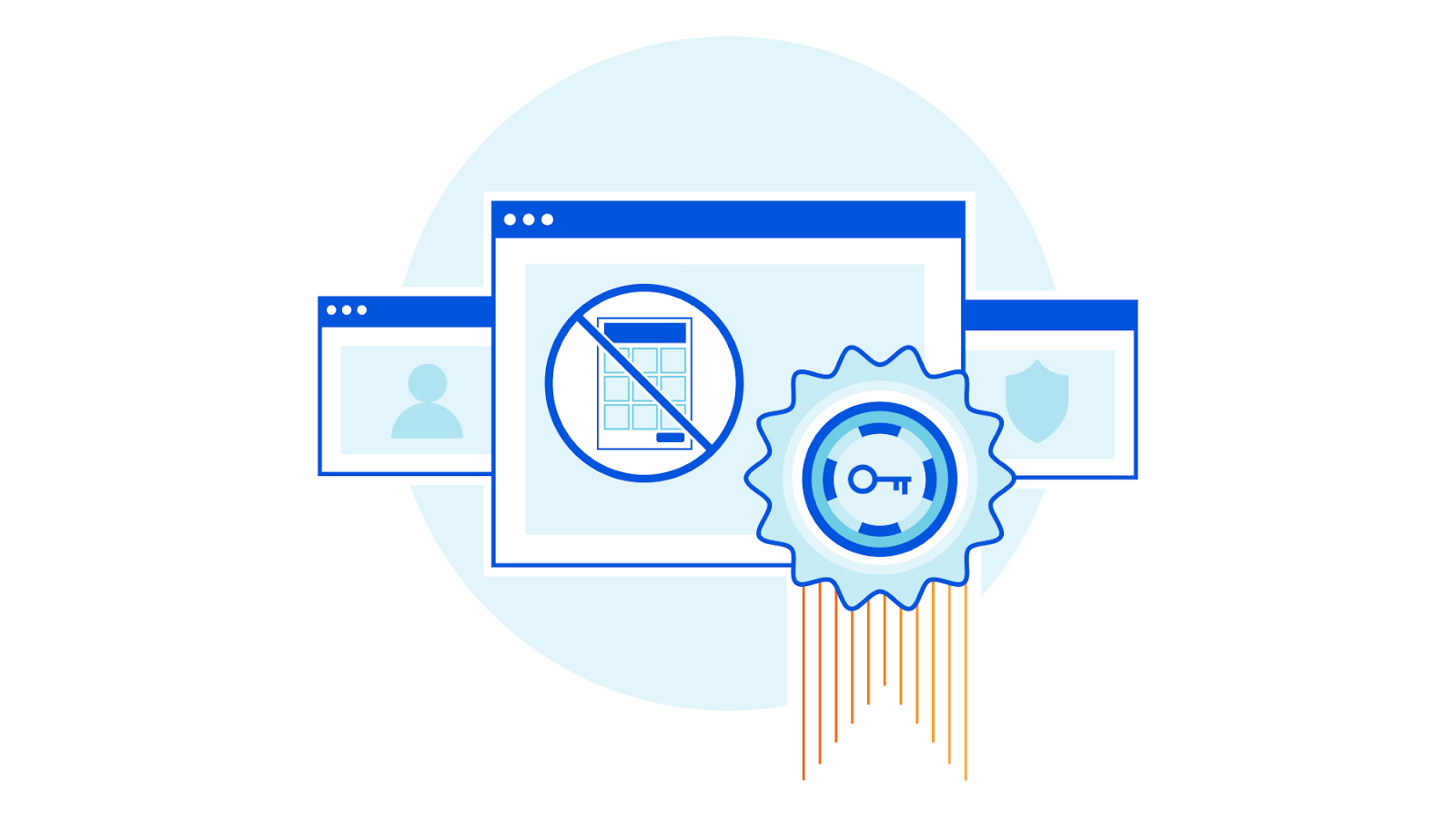
Today we’re announcing Private Access Tokens, a completely invisible, private way to validate that real users are visiting your site. Visitors using operating systems that support these tokens, including the upcoming versions of macOS or iOS, can now prove they’re human without completing a CAPTCHA or giving up personal data. This will eliminate nearly 100% of CAPTCHAs served to these users.
What does this mean for you?
If you’re an Internet user:
If you’re a web or application developer:
If you’re a Cloudflare customer:
Over the past year, Cloudflare has collaborated Continue reading

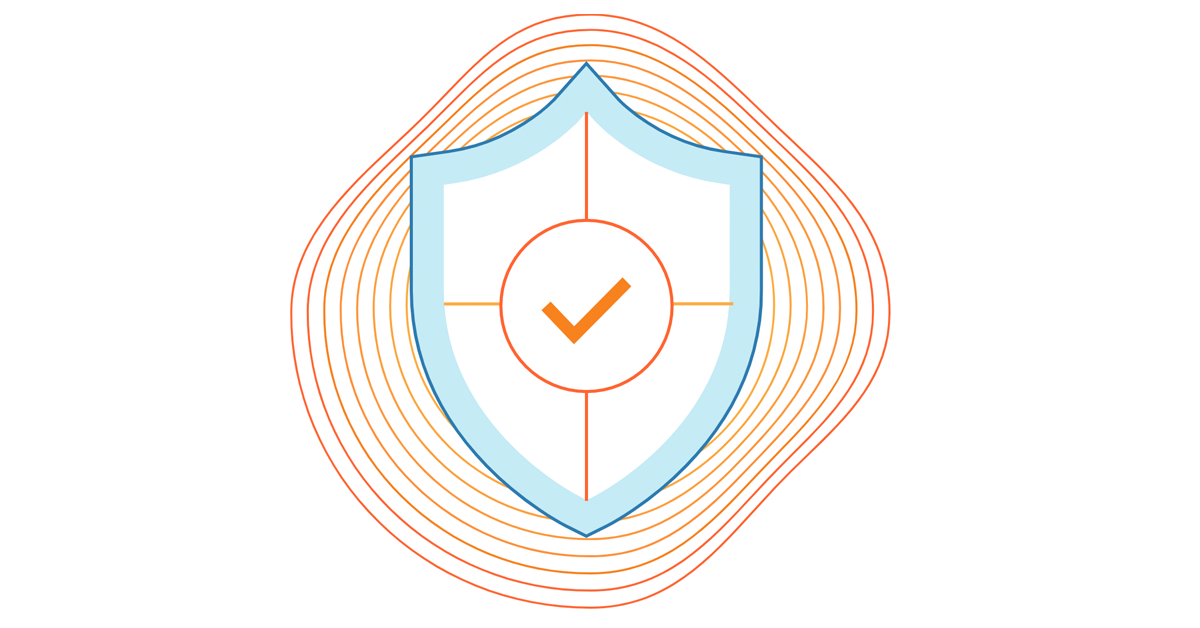
On June 02, 2022 Atlassian released a security advisory for their Confluence Server and Data Center applications, highlighting a critical severity unauthenticated remote code execution vulnerability. The vulnerability is as CVE-2022-26134 and affects Confluence Server version 7.18.0 and all Confluence Data Center versions >= 7.4.0.
No patch is available yet but Cloudflare customers using either WAF or Access are already protected.
Our own Confluence nodes are protected by both WAF and Access, and at the time of writing, we have found no evidence that our Confluence instance was exploited.
Cloudflare reviewed the security advisory, conducted our own analysis, and prepared a WAF mitigation rule via an emergency release. The rule, once tested, was deployed on June 2, 2022, at 23:38 UTC with a default action of BLOCK and the following IDs:
All customers using the Cloudflare WAF to protect their self-hosted Confluence applications have automatically been protected since the new rule was deployed.
Customers who have deployed Cloudflare Access in front of their Confluence applications were protected from external exploitation attempts even before the emergency release. Access verifies every request made to a Confluence application to Continue reading


There is no point in rehashing the fact that CAPTCHA provides a terrible user experience. It's been discussed in detail before on this blog, and countless times elsewhere. One of the creators of the CAPTCHA has publicly lamented that he “unwittingly created a system that was frittering away, in ten-second increments, millions of hours of a most precious resource: human brain cycles.” We don’t like them, and you don’t like them.
So we decided we’re going to stop using CAPTCHAs. Using an iterative platform approach, we have already reduced the number of CAPTCHAs we choose to serve by 91% over the past year.
Before we talk about how we did it, and how you can help, let's first start with a simple question.
If everyone agrees CAPTCHA is so bad, if there have been calls to get rid of it for 15 years, if the creator regrets creating it, why is it still widely used?
The frustrating truth is that CAPTCHA remains an effective tool for differentiating real human users from bots despite the existence of CAPTCHA-solving services. Of course, this comes with a huge trade off in terms Continue reading